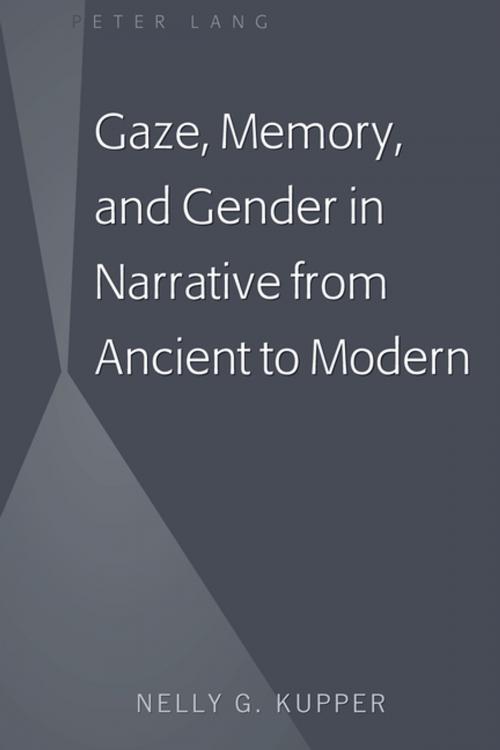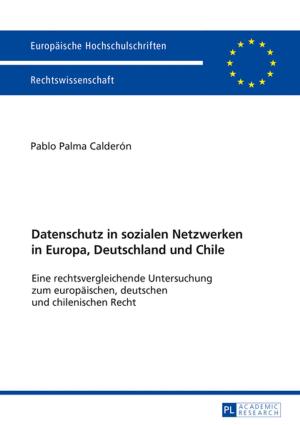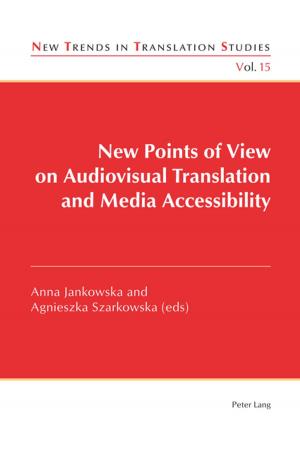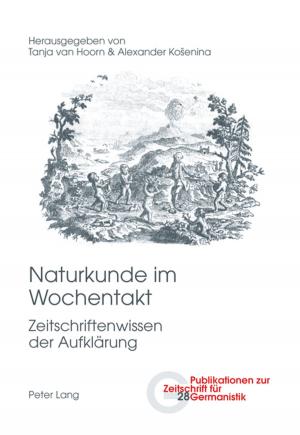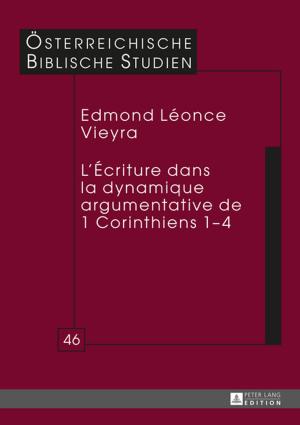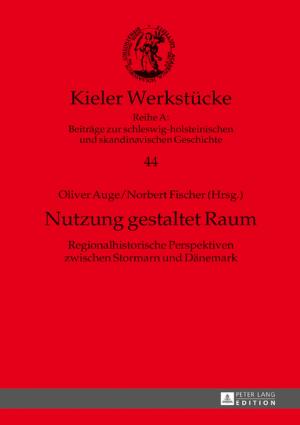Gaze, Memory, and Gender in Narrative from Ancient to Modern
Fiction & Literature, Literary Theory & Criticism, French, European, Theory| Author: | Nelly G. Kupper | ISBN: | 9781433147005 |
| Publisher: | Peter Lang | Publication: | January 10, 2018 |
| Imprint: | Peter Lang Inc., International Academic Publishers | Language: | English |
| Author: | Nelly G. Kupper |
| ISBN: | 9781433147005 |
| Publisher: | Peter Lang |
| Publication: | January 10, 2018 |
| Imprint: | Peter Lang Inc., International Academic Publishers |
| Language: | English |
This book examines the concept of the gaze in the context of narrative fiction. It argues that the gaze in fiction is a tractable factor, identifying the function of characters by way of the gender. The gaze variance and its connection to memory is not new to literary scholarship, but what has been overlooked to date is the fact that the divide exists along the line of gender. The dyad gaze-memory, provided by literary scholarship thus far is erroneous; what emerges instead is a triadic paradigm gaze-memory-gender. The gender divide is reflected in neuroscience, which shows memory processing in man and woman as respectively losing (forgetting) or retaining (remembering) vividness of detail. The discussion focuses on two narratives, one ancient (the Orphic cycle) the other modern (the novel Le Grand Meaulnes) to show that despite the presence of new narrative devices and conventions, the rules of the paradigm are preserved.
This book examines the concept of the gaze in the context of narrative fiction. It argues that the gaze in fiction is a tractable factor, identifying the function of characters by way of the gender. The gaze variance and its connection to memory is not new to literary scholarship, but what has been overlooked to date is the fact that the divide exists along the line of gender. The dyad gaze-memory, provided by literary scholarship thus far is erroneous; what emerges instead is a triadic paradigm gaze-memory-gender. The gender divide is reflected in neuroscience, which shows memory processing in man and woman as respectively losing (forgetting) or retaining (remembering) vividness of detail. The discussion focuses on two narratives, one ancient (the Orphic cycle) the other modern (the novel Le Grand Meaulnes) to show that despite the presence of new narrative devices and conventions, the rules of the paradigm are preserved.
